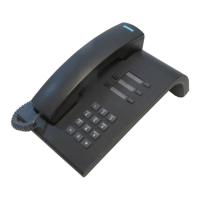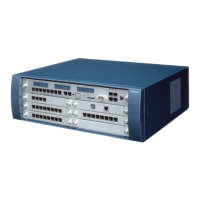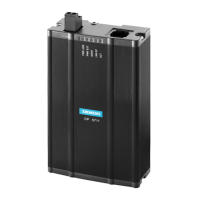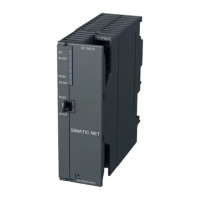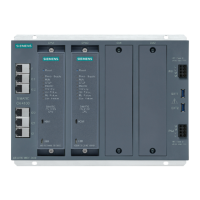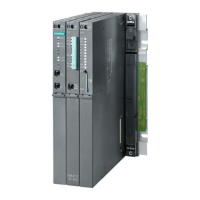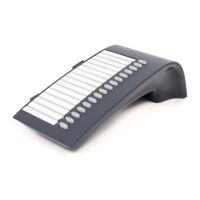9.3 Analog terminals
DP and DTMF terminals can be connected to the analog subscriber line interfaces of the Hicom 150 E
Office system family (e.g. group 3 fax machines/modems, answering machines, entrance telephones).
optiset E entry, optiset E basic and mobile telephones (Hicom cordless 150 E) are treated like a/b
terminals (except for the Mailbox key on the optiset E entry/optiset E basic terminals).
Boards for connecting analog terminals
OfficePro OfficeCom OfficePoint OfficeOne
HW requirements Free port on
SLA16
SLMO8/24
Free analog port on
CBFC
4/8/16SLA
SLU8
Free analog port on
SBS
Information on upgrading peripheral boards for Hicom 150 E OfficePro can be found in Section 6.1.2.
Connecting equipment via the optiset E analog adapter
It is also possible to connect an analog terminal to an existing terminal in the optiset E series
(except for the optiset E entry, optiset E standard) via the optiset E analog adapter
(configurations are listed in Table 9-7).
9.4 ISDN terminals
An S
0
bus in the Hicom 150 E Office system family can support up to 8 ISDN terminals. Each
terminal can be dialled selectively under its LS/station number.
With S
0
terminals, feature activation depends on the type of terminal used. Each terminal type
supports a certain range of ISDN features. Furthermore, analog station users can activate system
features by means of code procedures.
Boards for connecting ISDN terminals
OfficePro OfficeCom OfficePoint
HW requirements Free port on
STMD8
Free port on
STLS2/4
Information on upgrading peripheral boards for Hicom 150 E OfficePro can be found in Section 6.1.2.
Connecting the terminals as slave telephones
It is also possible to connect an ISDN terminal to an existing terminal in the optiset E series
(except for the optiset E entry, optiset E standard) via the optiset E ISDN adapter
(configurations are listed in Table 9-7).
http://cmweb01.mch.pn.siemens.de/e_doku/en/h150/h15/30/sh/2/15_9.htm (16 of 17) [06/04/2000 13:06:13]
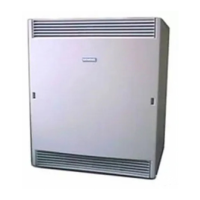
